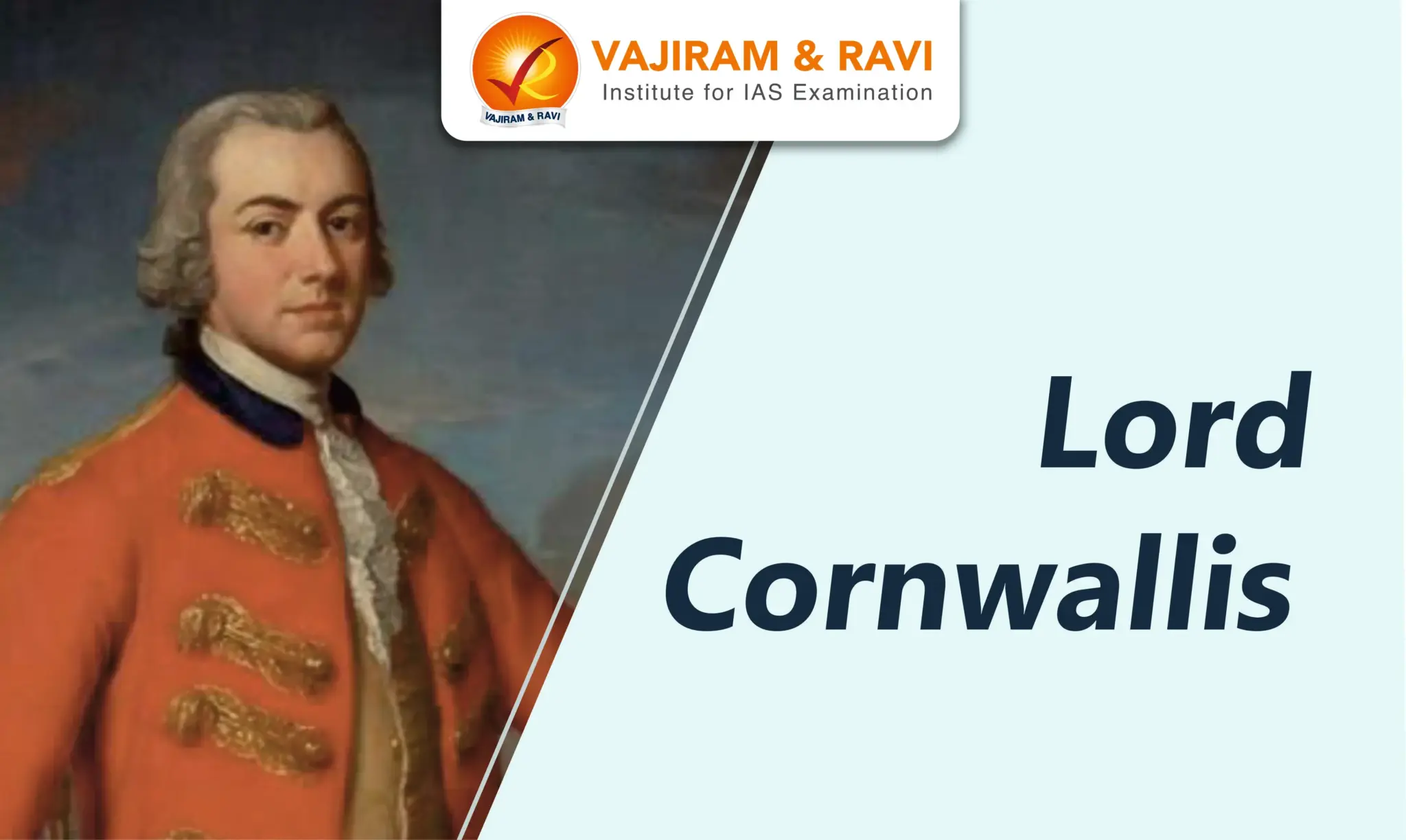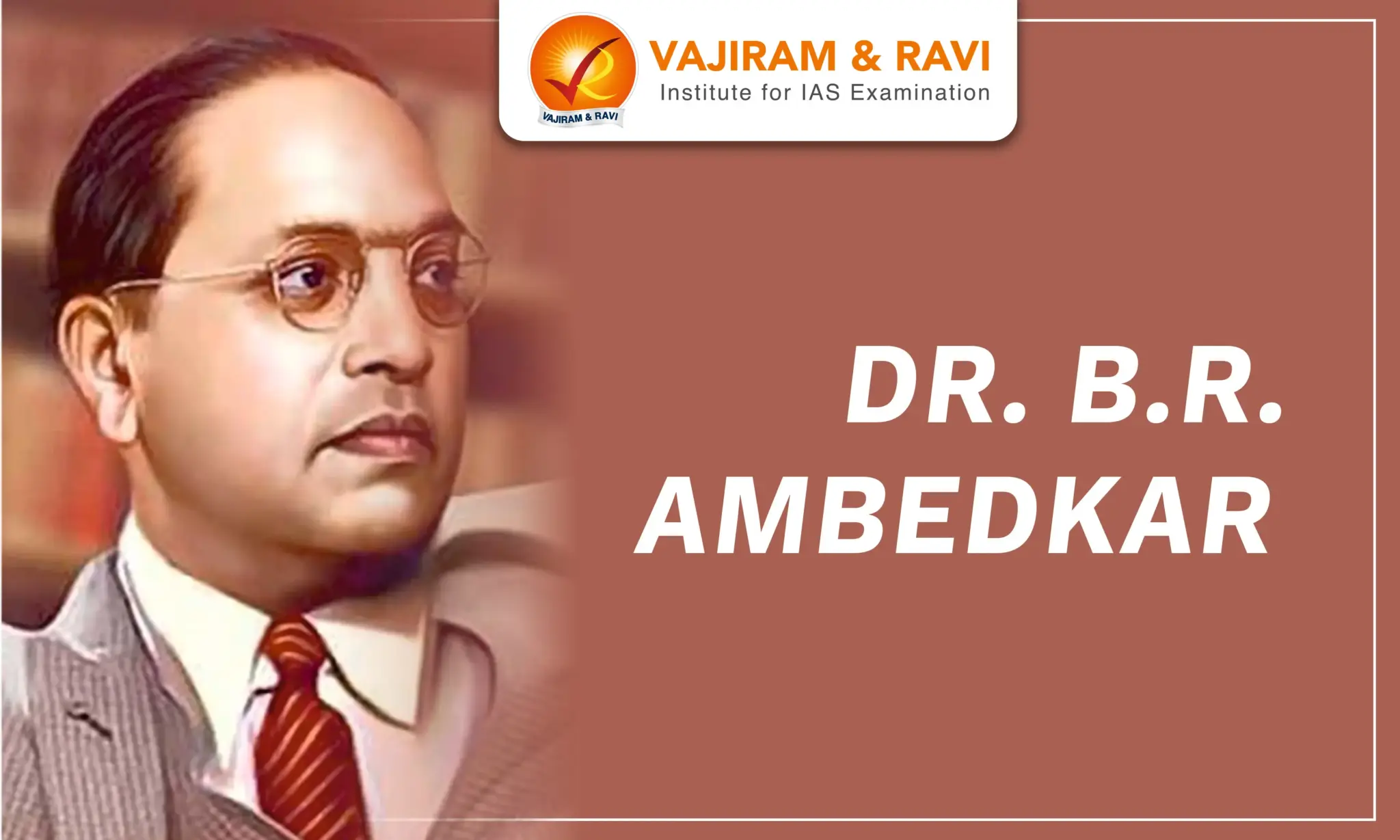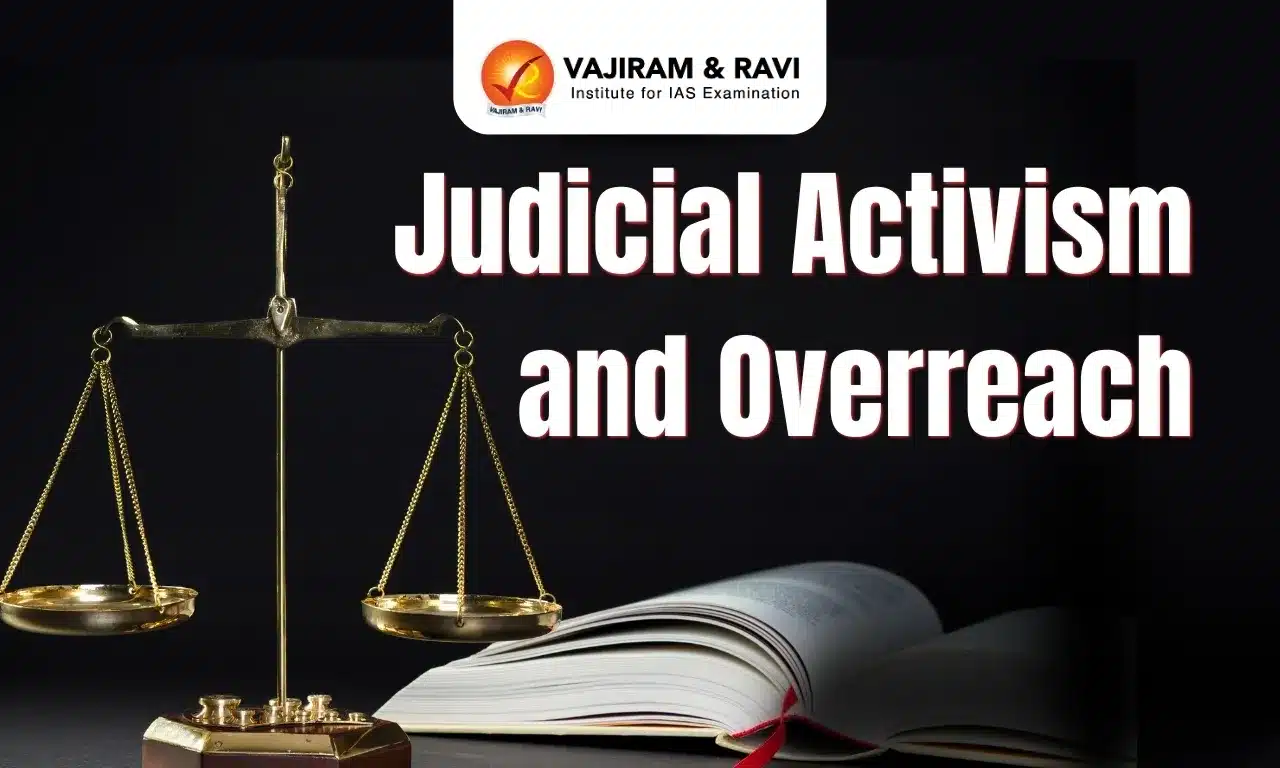Lord Cornwallis, sometimes known as General Charles Cornwallis, is remembered as a pivotal figure who laid the groundwork for numerous administrative, military, and judicial reforms during British rule. Cornwallis served as Governor-General of Bengal from 1786 to 1793, during which time he witnessed significant changes that shaped British colonial rule in India.
His reforms not only streamlined the administration but also established practices that have influenced Indian governance for decades.
Who was Lord Cornwallis?
Lord Charles Cornwallis was a British nobleman, military commander, and colonial governor who held several important positions within the British Empire. He is best known for his tenure as Governor-General of Bengal from 1786 to 1793, during which he laid the groundwork for British rule in India. Various reforms to the court, revenue, and services lasted until the end of the British era in India.
Lord Cornwallis's Early Life and Career
Charles Cornwallis was born on December 31, 1738, in London, to an aristocratic family. He started his military career in 1756 during the Seven Years' War. He served in Germany and quickly rose through the ranks, becoming colonel in 1766.
- Cornwallis became a Member of Parliament in January 1760 and inherited his earldom in 1762, joining the House of Lords. As a lieutenant general during the American Revolutionary War, he won several battles in the South but surrendered at Yorktown in 1781.
- Governor-General of Bengal: Despite his eventual defeat at Yorktown, Lord Cornwallis was recognised for his leadership abilities. In 1786, he was appointed Governor-General of Bengal and Commander-in-Chief of the British forces in India.
Lord Cornwallis Reforms
Lord Cornwallis is best remembered for the sweeping reforms he introduced during his tenure as Governor-General of Bengal. These reforms improved the efficiency and integrity of the British administration and ensured the smooth governance of the vast territories under British control.
Permanent Settlement by Lord Cornwallis
Lord Cornwallis implemented the Permanent Settlement of Land Revenue in Bengal and other parts of India. Under this system, Zamindars, or landlords, became the landowners, while farmers were reduced to tenants. The Zamindars retained the right to evict the farmers at any time.
- The Zamindars had to pay the British 89% of their land revenue, leaving the remainder for him. Under this system, land revenue was fixed for ten years, accelerating the transfer of wealth from India to Britain.
Civil Services Reforms by Lord Cornwallis
Lord Cornwallis is regarded as the father of the Indian civil service. His reforms aimed to combat corruption by enforcing strict rules, such as banning private trade and gifts for civil servants and ensuring seniority-based promotions. He raised salaries to reduce bribery and reserved top positions for Europeans, while Indians were given lower roles like clerks and peons. These measures enhanced the integrity and efficiency of the British administration in India.
Judiciary Reforms by Lord Cornwallis, Cornwallis Code
Lord Cornwallis implemented significant judiciary reforms during his tenure known collectively as the Cornwallis Code. He separated the revenue collection and judicial functions, establishing a system of civil and criminal courts. These reforms aimed to establish a structured and efficient legal system.
- Separation of Functions: Revenue collection and judicial functions were separated to enhance judicial integrity.
- Circuit Courts:
- Abolished District Faujdari Courts.
- Established circuit courts in Calcutta, Dacca, Murshidabad, and Patna, staffed by European judges to handle appeals in civil and criminal cases.
- Sadar Nizamat Adalat: It was relocated to Calcutta and placed under the supervision of the Governor-General and Supreme Council, supported by the chief qazi and chief mufti.
- District Courts: Renamed the District, City, or Zila Court, managed by a district judge.
- Limited collectors to revenue administration, removing their judicial powers.
- Hierarchy of Courts: Established a structured court system for both Hindu and Muslim laws, including:
- Munsiff’s Court (Indian officers)
- Registrar’s Court (European judge)
- District Court (district judge)
- Four Circuit Courts (provincial appellate)
- Sadar Diwani Adalat (Calcutta)
- King-in-Council (for appeals over £5,000)
- Additional Reforms:
- Included European subjects under legal jurisdiction.
- Ensured accountability of government officials to civil courts.
- Established the principle of the sovereignty of law.
These reforms created a comprehensive framework for civil and criminal courts, streamlining the judicial process across British India.
Police Reforms by Lord Cornwallis
Lord Cornwallis established a structured police force to uphold law and order, modernising the traditional Indian system of district-based thanas (police circles) led by a daroga (an Indian officer) and overseen by a district superintendent of police (SP).
- He also removed the police responsibilities from the zamindars.
- In 1789, he declared that anyone who practised slavery would face legal consequences.
Lord Cornwallis Significant Events
During Lord Cornwallis's tenure, several significant events shaped the course of British India. His administrative reforms coincided with important military and political developments. The following are the key events:
- Pitt’s India Amendment Act (1786): The British Parliament amended the 1784 Act to empower Lord Cornwallis to overrule his council’s majority and granted him extraordinary powers to reform Bengal’s administration.
- Mysore-Maratha War (1785-1787): The Marathas sought Lord Cornwallis' involvement in their conflict with Mysore, but he maintained neutrality. The war ended in 1787 with the Treaty of Gajendragarh between the Marathas and Tipu Sultan.
- Third Anglo-Mysore War (1790-1792): Lord Cornwallis led British forces in the Third Anglo-Mysore War against Tipu Sultan, the ruler of Mysore. The war ended with the Treaty of Seringapatam in 1792, which resulted in significant territorial gains for the British and their allies.
- Establishment of Sanskrit College: In 1791, Lord Cornwallis founded a Sanskrit College in Benares (now Varanasi) to promote traditional Indian learning.
Lord Cornwallis UPSC PYQs
Question 1: With reference to educational institutions during colonial rule in India, consider the following pairs: (UPSC Prelims 2018)
Institution Founder
- Sanskrit College at Benaras: William Jones
- Calcutta Madarsa: Warren Hastings
- Fort William College: Arthur Wellesley
Which of the pairs given above is/are correct?
(a) 1 and 2
(b) 2 only
(c) 1 and 3
(d) 3 only
Ans: (b)
Question 2: By a regulation in 1793, the District Collector was deprived of his judicial powers and made the collecting agent only. What was the reason for such a regulation? (UPSC Prelims 2010)
(a) Lord Cornwallis felt that the District Collector’s efficiency of revenue collection would enormously increase without the burden of additional work.
(b) Lord Cornwallis felt that judicial power should compulsorily be in the hands of Europeans while Indians could be given the job of revenue collection in the districts.
(c) Lord Cornwallis was alarmed at the extent of power concentrated in the District Collector and felt that such absolute power was undesirable in one person.
(d) The judicial work demanded a deep knowledge of India and good training in law and Lord Cornwallis felt that the District Collector should be only a revenue collector.
Ans: (c)
Last updated on November, 2025
→ Check out the latest UPSC Syllabus 2026 here.
→ Join Vajiram & Ravi’s Interview Guidance Programme for expert help to crack your final UPSC stage.
→ UPSC Mains Result 2025 is now out.
→ UPSC Notification 2026 is scheduled to be released on January 14, 2026.
→ UPSC Calendar 2026 is released on 15th May, 2025.
→ The UPSC Vacancy 2025 were released 1129, out of which 979 were for UPSC CSE and remaining 150 are for UPSC IFoS.
→ UPSC Prelims 2026 will be conducted on 24th May, 2026 & UPSC Mains 2026 will be conducted on 21st August 2026.
→ The UPSC Selection Process is of 3 stages-Prelims, Mains and Interview.
→ UPSC Result 2024 is released with latest UPSC Marksheet 2024. Check Now!
→ UPSC Prelims Result 2025 is out now for the CSE held on 25 May 2025.
→ UPSC Toppers List 2024 is released now. Shakti Dubey is UPSC AIR 1 2024 Topper.
→ UPSC Prelims Question Paper 2025 and Unofficial Prelims Answer Key 2025 are available now.
→ UPSC Mains Question Paper 2025 is out for Essay, GS 1, 2, 3 & GS 4.
→ UPSC Mains Indian Language Question Paper 2025 is now out.
→ UPSC Mains Optional Question Paper 2025 is now out.
→ Also check Best IAS Coaching in Delhi
Lord Cornwallis FAQs
Q1. What is Lord Cornwallis famous for?+
Q2. Which system was introduced by Lord Cornwallis?+
Q3. Was Cornwallis a British general?+
Q4. When was Cornwallis Governor General?+
Q5. Who is father of All India Services?+
Tags: lord cornwallis quest

















